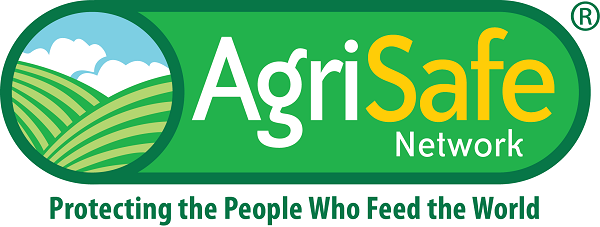AgriSafe Learning
NFSHW23: Confined Spaces on Dairy Farms
Recorded On: 09/21/2023
-
Register
- Non-member - Free!
- Member - Free!
Summary: Confined spaces such as tanks and storage bins are recognized workplace hazards on agricultural production settings. Manure storage facilities are often not recognized as confined spaces, especially on dairy farms. These facilities meet the definition of a confined space as they can expose workers to toxic gases and other hazards. The purpose of this webinar is to present how manure storage facilities meet the definition of confined spaces, and the potential hazards associated with these facilities.
Intended Audience: Agricultural health and safety researchers, extension staff, healthcare professionals, and agricultural producers
Objectives: At the end of this webinar, participants will be able to…
- Understand the definition of a confined space
- Understand how manure storage facilities meet the criteria for confined space
- Understand how dairy farm manure storage facilities have contributed to worker fatalities
- Understand management practices for confined spaces on dairy farms
David I. Douphrate PhD, MPT, MBA, CPE, CSP
Associate Professor
University of Texas School of Public Health in San Antonio
Dr. David Douphrate is an Associate Professor with the Southwest Center for Occupational and Environmental Health, located at the University of Texas, School of Public Health. Douphrate conducts research and outreach related to worker health and safety through the High Plains and Intermountain Center for Agricultural Health and Safety (HICAHS), headquartered at Colorado State University. Douphrate and his colleagues conduct research and outreach with dairy producers to improve safe working environments while simultaneously improving dairy productivity and efficiency.
Key:
Quick Search
Technical Difficulties
Submit a help ticket if you need technical assistance.
Having Computer Issues? Please check your internet browser and security settings to allow permissions for this website. Browsers: Microsoft Edge version 40 or higher; Chrome version 60 or higher, Firefox version 50 or higher; or Safari version 10.1 or higher. We recommend using Google Chrome or Firefox as your browser.
